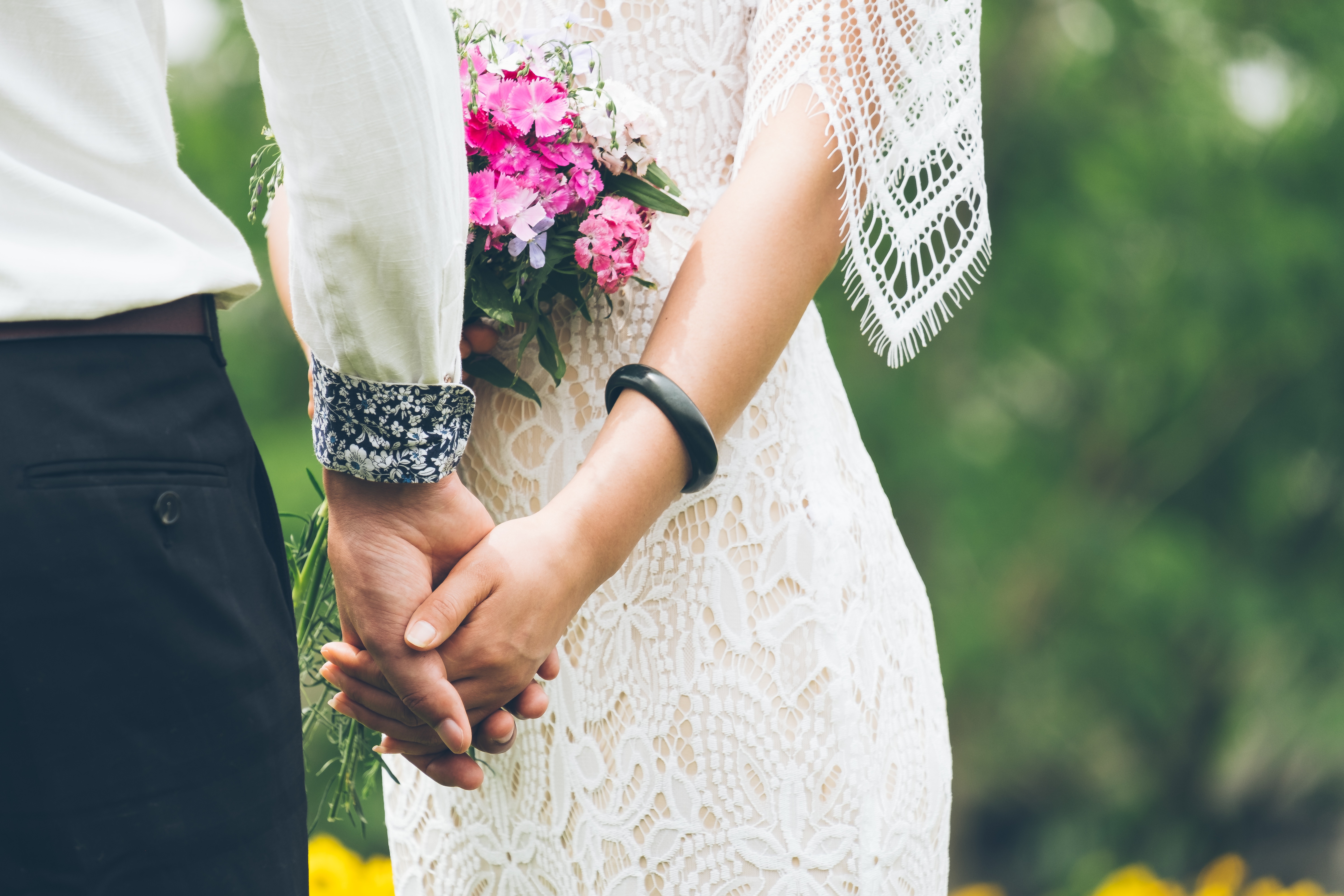I’ve known wild in-love-ness and wedded bliss and the fiercest love of all, the one I carry for my children. I’ve thrived and fallen short at each of these loves and learned to forgive myself some of the time, just as I’ve had to forgive myself for failing as a loving/beloved daughter.
I met Michael, the father of my children, under deliriously romantic circumstances in Scotland, in the thrall of that mesmerizing, unexpected beauty. I’d traveled the world, accomplished something at a young age, and had interesting, complex relationships. In this pivotal life decision, I gave myself over to every movie with a happy ending I’d ever seen, every love song I’d ever wallowed in. I clung tight to the myth of my parents’ marriage, not the reality of it. Michael and I adored each other. Friends came from all over the world to our wedding in Scotland, and it was a fantastic party, the grandest I have ever thrown in my life. But we had practically nothing in common in our backgrounds and lives. And we were held by nothing greater than ourselves when we could no longer be there for each other.
Like so many of our kindred spirits, we were alone in our marriage in the end. We’d moved a few times and taken ourselves far away from people who loved and knew us well, like all of those friends who traveled to be there for our vows. The nuclear family is a modern invention and a death blow to love – an unprecedented demand on a couple to be everything to each other, the family a tiny echo chamber: history one layer deep. None of the great virtues – even this – is meant to be carried in isolation.
When my marriage ended, I walked into a parallel universe that had been there all along; I became one of the modern multitudes of walking wounded in the wreckage of long-term love. Strangest of all, on this planet, is the way we continue to idealize romantic love and crave it for completion – to follow those love songs and those movies. After my divorce, I created a welcoming home and took great delight in my children. I cooked dinner for gatherings of friends old and new, invested in beautiful far-flung friendships, and drew vast sustenance from webs of care through the work I do. Yet I told myself, for years, that I had a hole in my life where “love” should be.
This is the opposite of a healing story – it’s a story that perceives scarcity in the midst of abundance. I have love in my life, many forms of loving. As I settled into singleness, I grew saner, kinder, more generous, more loving in un-theatrical everyday ways. I can’t name the day when I suddenly realized that the lack of love in my life was not a reality but a poverty of imagination and a carelessly narrow use of an essential word.
And here is another, deeper carelessness, which I am absolving in a spirit of adventure: I come to understand that for most of my life, when I was looking for love, I was looking to be loved. And in this, I am a prism of my world. I am a novice at love in all its fullness, a beginner.
The intention to walk through the world practicing love across relationships and encounters feels like a great frontier.

Excerpted from BECOMING WISE by Krista Tippett. Reprinted by arrangement with Penguin Press, a member of Penguin Group (USA) LLC, A Penguin Random House Company. Copyright (c) Krista Tippett, 2016.
To hear my weekly conversations with scientists, philosophers, artists and others, visit OnBeing.org, or listen to On Being on your local public radio station, or wherever you get your podcasts. My book Becoming Wise: An Inquiry into the Mystery and Art of Living is available now in paperback. And you might also enjoy – and join in – On Being’s Civil Conversations Project.


